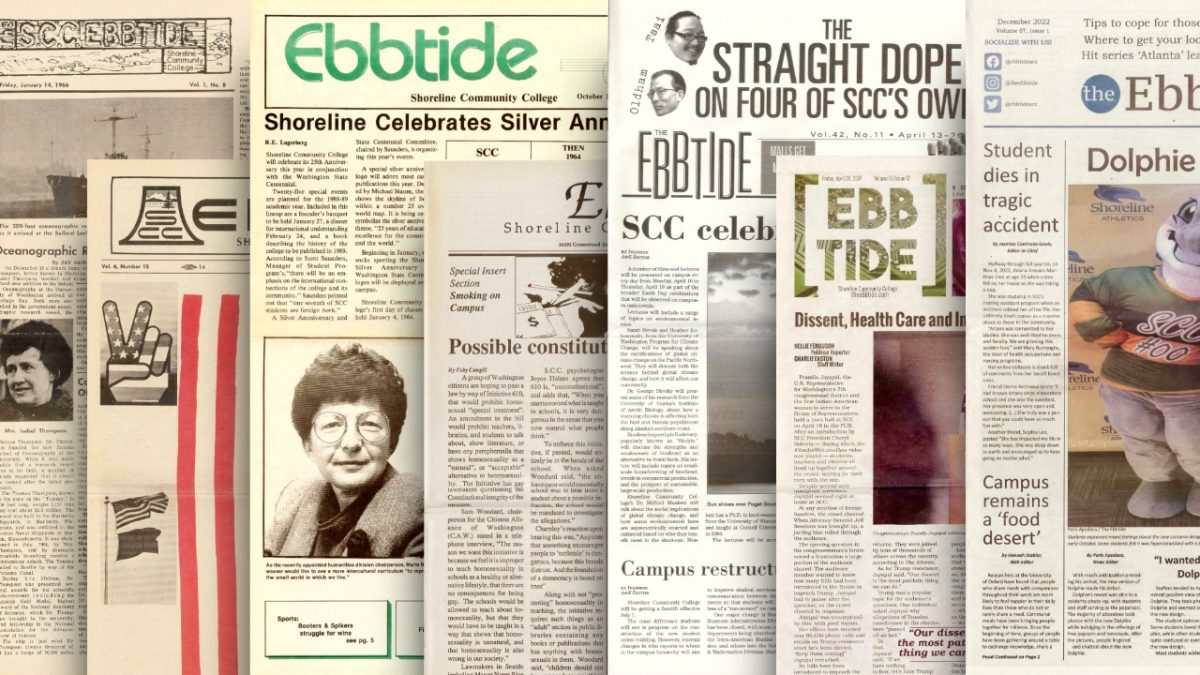World War II is no stranger to Hollywood. We’ve seen the fight up close in “Saving Private Ryan,” under the ocean depths in “Run Silent, Run Deep” and in the intelligence offices of “The Imitation Game”.
Every part of the infamous conflict seems to have been covered well, and new additions are certainly welcome, provided the stories are worth telling. For right now, I want to reflect on a true classic that doesn’t get as much recognition as it could.
Set in the middle of the war, we open on a German prisoner of war camp as it unloads trucks full of fresh captives. The trucks contain American and British air force pilots that have records of escaping various POW camps during the war. It is because of this reputation among them that this new camp has been built to be escape-proof. That changes with the arrival of Squadron Leader Roger Bartlett, who concocts a plan to take 250 men out of the camp and scatter them around the country.
The story takes inspiration from real stories of POWs during the war and it comes through in the directing. Every part of the plan is shown off in detail, all while drawing you in more and more with its balance of the dramatic and comedic bits.
A large part of what makes the film work is its incredible cast. First you have Steve McQueen giving one of his most iconic performances as the American outsider, Captain Hilts. He’s magnetically likable with how he approaches situations, whether with wit or a no nonsense attitude.
Then there’s Richard Attenborough as Bartlett. He delivers a determined and sometimes intense performance that has you understanding his plight from his first scene. He’s a man with a personal stake, but he never lets it show among his allies. Yet you can tell there is a fire inside him that wants to make all kinds of hell for the enemy.
The rest of the cast consists of big hitters like Charles Bronson, James Coburn, Donald Pleasence and James Garner, all of whom are excellent. Every character feels important and has their own memorable traits.
In addition, the script is airtight. Sequences are paced expertly and there is no shortage of quotable dialogue. It’s enjoyable to watch the story unfold.
Despite not being one of the more action-packed war films, what you see from scene to scene can have your eyes glued to the screen. All the details of the escape, like I said, give the film lots of depth and show how hard these men work to secretly raise hell for the Germans.
The sequences of collecting materials, forging documents and digging the escape tunnels are gripping while having some humor injected into them at the right points. This is covered tremendously with smooth camerawork and editing.
As for the action that is there, it’s equally thrilling. It feels gratifying in that it builds the whole film and dazzles with fast motions and great stunts that have gone down as legendary.
Rounding it out is a great score by Elmer Bernstein. The main title music alone is remarkable from the moment the movie starts up. Subsequent character themes, transitional melodies and so forth make this a fabulous listen.
“The Great Escape” is a classic in every meaning of the word. Yet for how masterful its acting, directing and story are, it’s not quite as talked about as other brilliant efforts like “Saving Private Ryan” and “Hacksaw Ridge.” If you haven’t seen it, check it out immediately. It has a suitable boy scout quality that has fun while mixing in a serious nature. It is a flawless motion picture that’s not to be missed.
-Nick McCann







